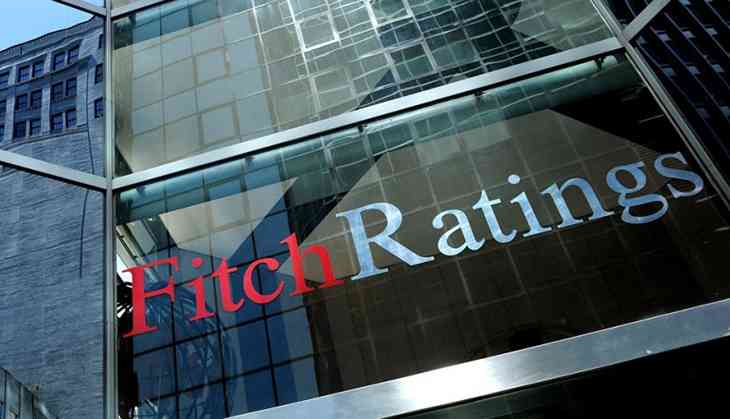Fitch refuses to upgrade India's credit ratings, cites weak public finances

Despite India trying hard to get favourable ratings from global ratings agencies, Fitch Ratings on Tuesday (2 May) retained the 'BBB-' sovereign rating — the lowest investment grade.
The global ratings agency said weak public finances continue to constrain India's ratings.
The agency has also retained a 'stable' outlook for the country's ratings.
Fitch Ratings said: “India is not immune to external shocks, but the country's strong external finances make it less vulnerable than many of its peers, but weak public finances continue to constrain India's ratings.”
The agency also said that it was not likely that the Indian government's budgeted Rs 70,000 crore capital injection into banks between FY16 and FY19 will be sufficient.
India vs China
Fitch Ratings' decision to not upgrade India's sovereign ratings comes just three months after India's Chief Economic Advisor Arvind Subramanian criticised international ratings agencies for using double standards to rate India and China.
In the Economic Survey, Subramanian had said: “China's credit rating was upgraded from A+ to AA- in December 2010, while India's has remained unchanged at BBB-. From 2009 to 2015, China's credit-to-GDP soared from about 142% to 205%, and its growth decelerated. The contrast with India's indicators is striking.”
In November 2016, S&P Global Ratings ruled out any upgrade for India's sovereign ratings over the next two years, and affirmed a stable outlook on the country's 'BBB-' long-term credit, while the agency maintained 'A-3' grade for India's short-term sovereign credit ratings.
Another international agency, Moody's Investors Service, rates India at 'Baa3', the lowest investment-grade rating.
Government deficit an issue
In the absence of a ratings upgrade, the Indian government's debt cost remains high from foreign institutions, impacting the country's growth prospects.
Over the past three years, while the Union government has met its fiscal deficit targets, India's general government deficit (that is borrowing by the Centre and states combined) is considered amongst the highest in the group of G-20 countries by the International Monetary Fund.
RBI Governor Urjit Patel had recently cited this fact, saying: “The level of our general government debt as a ratio to GDP is cited by some as coming in the way of a credit rating upgrade.”
A committee headed by former revenue secretary NK Singh recently recommended adopting debt-to-GDP ratio as the new anchor of the fiscal policy, and controlling it at 60% , comprising of 40% for the Central government, as against the existing 49.4%, and 20% for the states, as against the existing 21%.
First published: 2 May 2017, 19:49 IST

